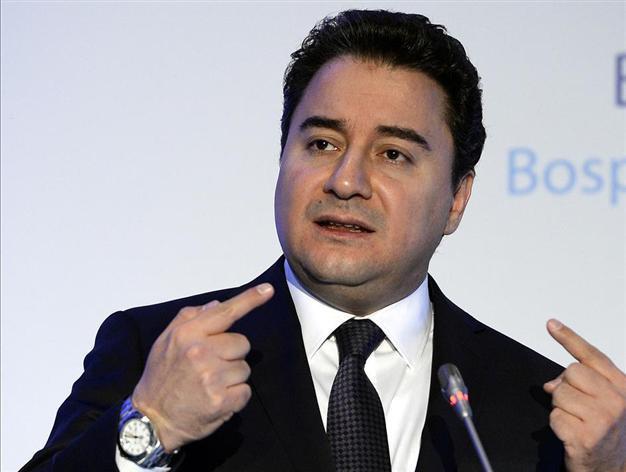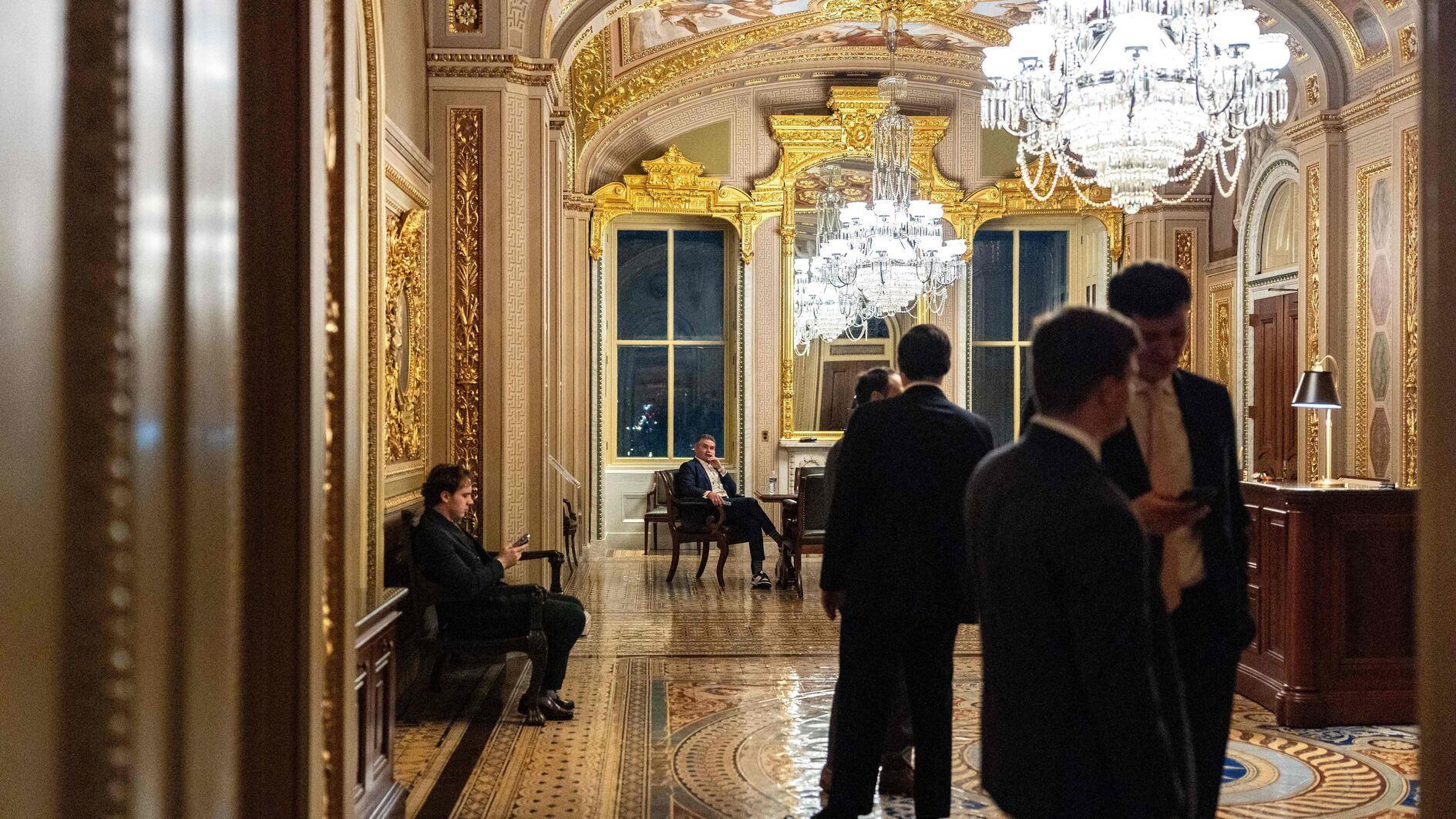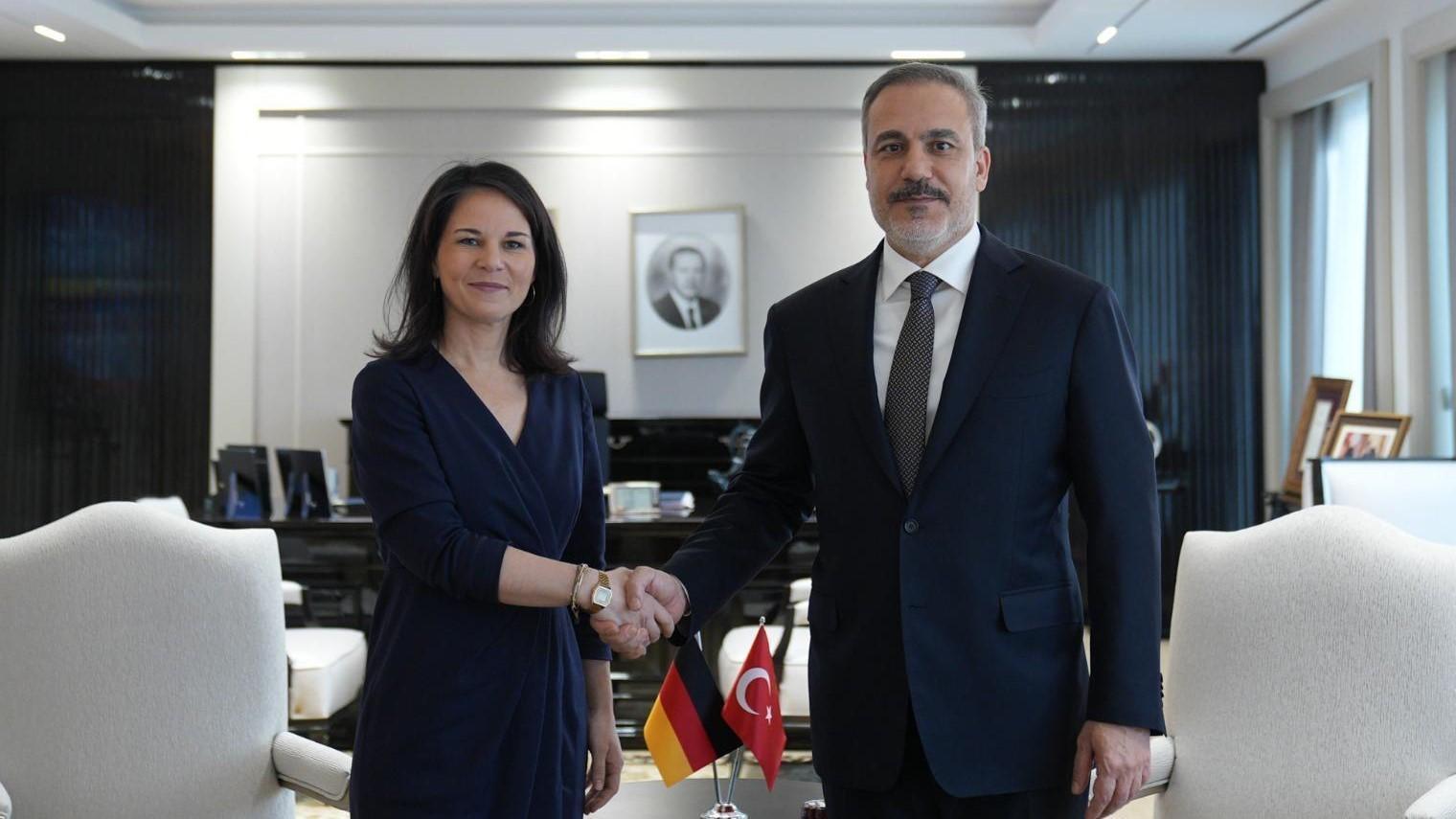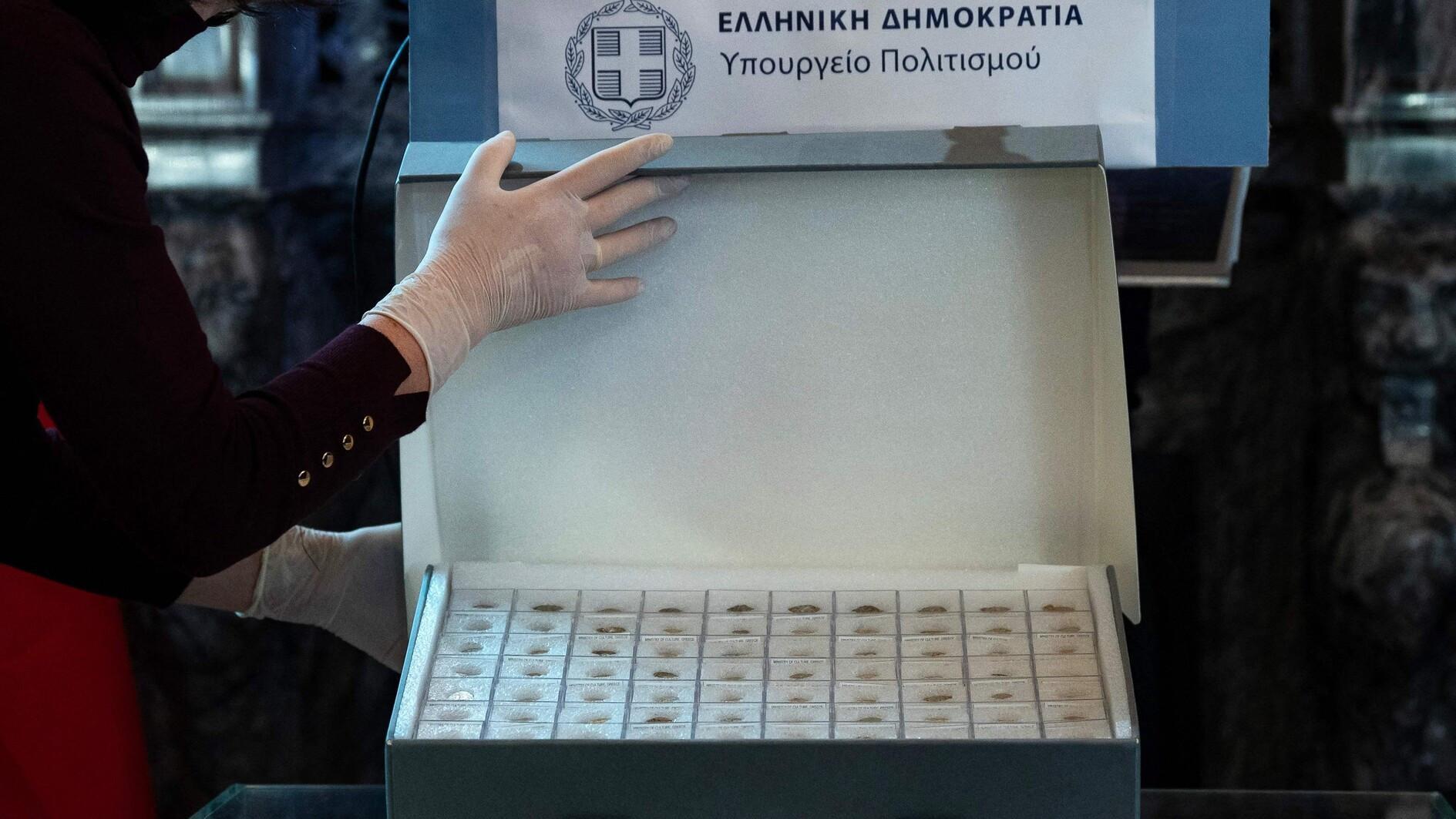Risk of global crisis has decreased, Turkish Deputy PM Babacan says at Davos
ISTANBUL – Hürriyet Daily News

AA photo
The threat of another global economic crisis has been reduced, Deputy Prime Minister Ali Babacan has said in Davos, but added that Turkey is continuing to observe the markets cautiously, particularly Japan.“The risk of a global crisis caused by a fall in Europe has decreased, but not totally solved. It has become clear that Europe will not allow Greece to go bankrupt,” Babacan told private NTV news channel today on the sidelines of the World Economic Forum in Davos.
“The United States has also solved its problems with the debt ceiling. But we are watching Japan very closely. There are still risks in Japan, and a problem there could easily affect the whole world,” he said.
Babacan also said so-called “currency wars” were artificial and were generally used as an excuse for some countries’ internal problems.
‘Constitutional changes to ease investments’
Babacan also said they were mulling changes to the Turkish Constitution in order to ease the investment environment in Turkey and attract more foreign investors.
“We have a mechanism to ease the investment environment. But there are structural problems that we cannot control, especially judicial procedures. We want to change this,” he said. “Radical steps may be taken. We could even change the Constitution. But this doesn’t seem very easy in the current political environment.”
No high tax for the rich
The deputy prime minister also said they were not considering increasing tax rates for the rich. “There is still an unregistered economy. We will take better measures to find out those who earn well but do not pay taxes. The new regulations will facilitate the discovery of those who are engaged in the unregistered economy.”
Speaking about the growth rate, Babacan said the government did not find it appropriate to increase domestic consumption by taking on greater foreign debt. “We will first work hard, produce and export, and then we will consume.”
















